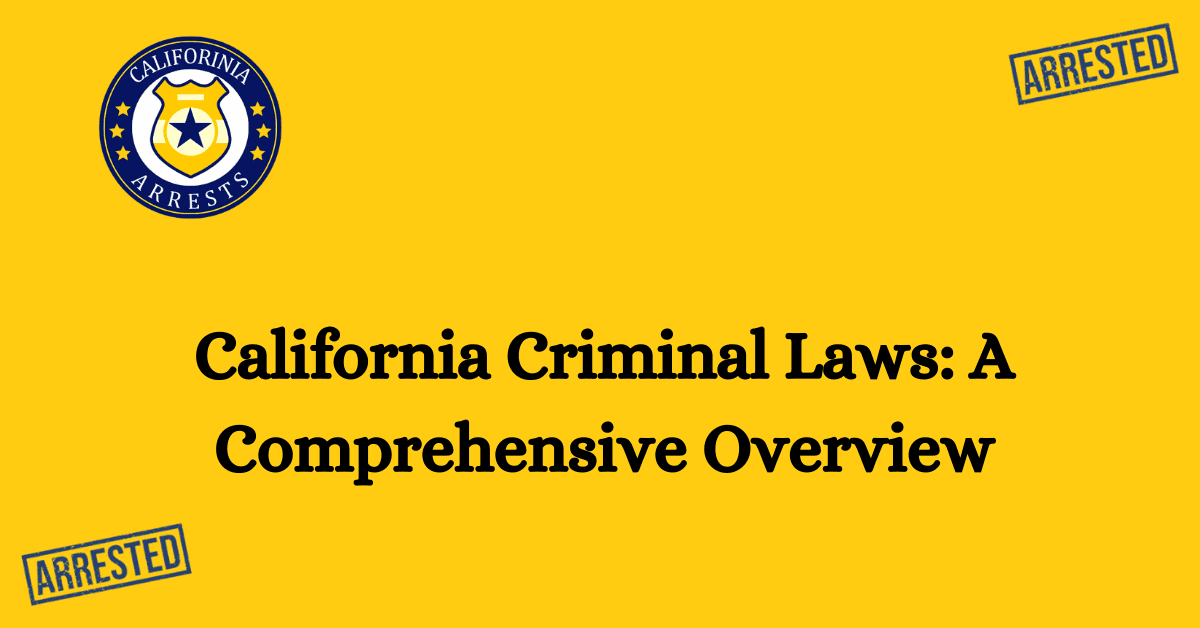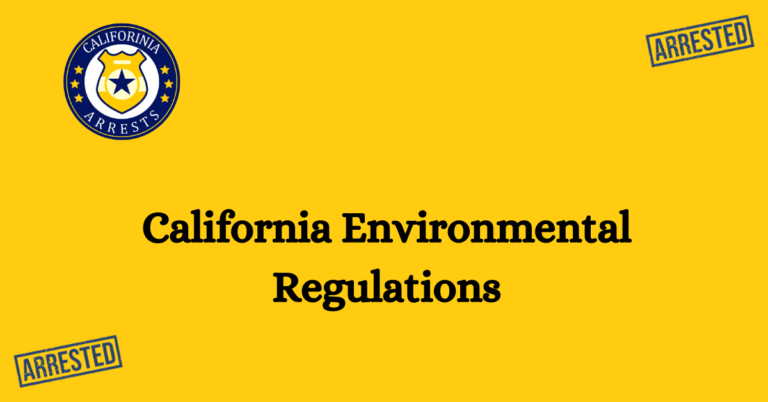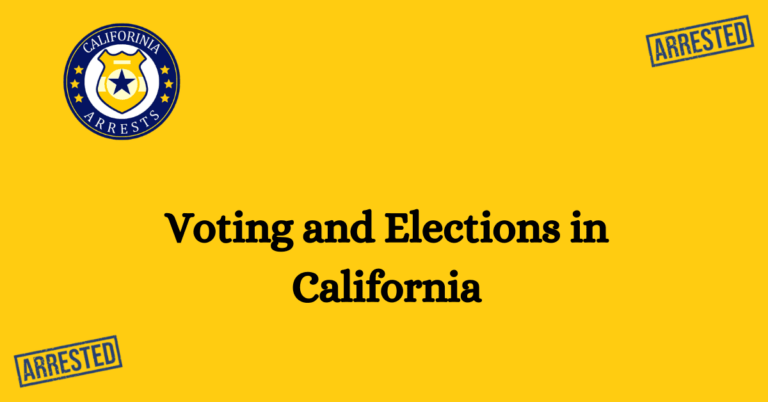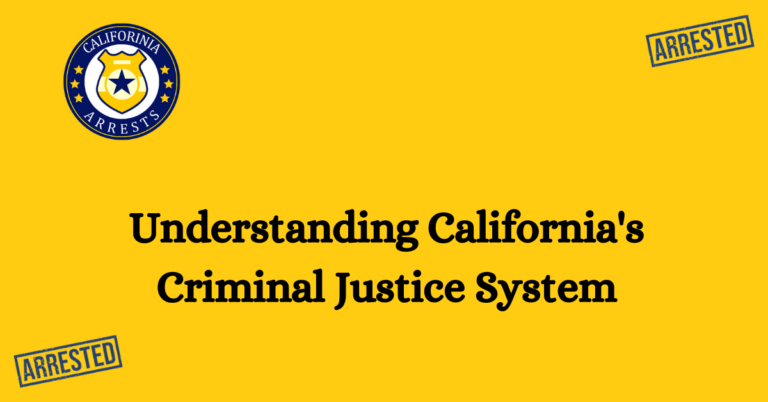California Criminal Laws A Comprehensive Overview
When it comes to understanding the legal system in California, it is crucial to have a solid understanding of the state’s criminal laws. Whether you are a resident, a visitor, or simply curious about the intricacies of the California legal system, this comprehensive overview is designed to provide you with valuable insights.
Throughout these pages, we will delve into the various aspects of California’s criminal laws, covering everything from misdemeanors to felonies, and the penalties associated with each offense. By exploring the nuances of the state’s legal framework, you will gain a better understanding of the rights and responsibilities of both individuals and law enforcement agencies.
Our aim is to present this information in a clear and concise manner, making it accessible to readers of all backgrounds and proficiency levels. Whether you are a law student, a concerned citizen, or simply someone looking to expand their knowledge, this comprehensive overview will serve as an invaluable resource.
California Criminal Laws Exploring Offenses and Penalties
Understanding the criminal laws in California is essential for anyone seeking knowledge about the state’s legal system. This comprehensive overview aims to delve into the various aspects of California’s criminal laws, exploring offenses and the associated penalties.
Misdemeanors A Closer Look
One important category of offenses in California’s criminal laws is misdemeanors. These are typically less serious crimes compared to felonies and carry lesser penalties. However, it’s crucial to note that even misdemeanor convictions can have significant consequences.
The Severity of Felonies
Unlike misdemeanors, felonies are more serious crimes in California. They encompass a wide range of offenses, from theft and assault to homicide and sexual crimes. Felonies carry harsher penalties, including prison sentences of varying lengths.
Understanding Penalties Fines and Incarceration
In California’s criminal justice system, penalties for offenses can involve both fines and incarceration. The specific penalties depend on the severity of the offense, the defendant’s criminal history, and other factors considered by the court.
Alternative Sentencing Options
In certain cases, California’s criminal laws provide for alternative sentencing options, such as probation, community service, or rehabilitation programs. These alternatives aim to address the root causes of criminal behavior and promote rehabilitation rather than solely focusing on punishment.
Individual Rights and Law Enforcement Responsibilities
Understanding California’s criminal laws also involves recognizing the rights and responsibilities of both individuals and law enforcement agencies. These laws aim to strike a balance between protecting citizens’ rights and maintaining public safety.
Legal Framework Balancing Justice and Fairness
California’s legal system operates within a framework designed to ensure justice and fairness. It’s important to familiarize yourself with the rights afforded to individuals, such as due process and the right to legal representation, as well as the responsibilities of law enforcement agencies in upholding these rights.
Accessible and Informative Your Comprehensive Resource
Our comprehensive overview of California’s criminal laws is designed to provide accessible and informative content for readers of all backgrounds. Whether you are a law student, a concerned citizen, or simply seeking to expand your knowledge, this resource aims to empower you with valuable insights into the state’s legal framework.
Stay tuned as we continue to explore the intricacies of California’s criminal laws, offering detailed insights and analysis on various offenses, penalties, and legal procedures. With a responsive and visually appealing layout, this comprehensive overview will continue to provide a valuable resource for your exploration of the California legal system.
FAQs
What types of crimes are covered under California Criminal Laws?
California Criminal Laws cover a wide range of crimes, including but not limited to murder, assault, theft, drug offenses, DUI, domestic violence, and white-collar crimes.
What are the penalties for committing a crime under California Criminal Laws?
The penalties for committing a crime in California vary depending on the severity of the offense. They can range from fines and probation to imprisonment, and in some cases, even capital punishment.
How are crimes classified under California Criminal Laws?
Crimes in California are classified as either misdemeanors or felonies. Misdemeanors are less serious offenses, punishable by a maximum of one year in county jail, while felonies are more serious crimes, carrying potential sentences of more than one year in state prison.
Are there any specific laws unique to California Criminal Laws?
Yes, California has certain laws that are unique to the state, such as the “Three Strikes Law” which imposes harsher penalties on repeat offenders and the “Stand Your Ground Law” which allows individuals to use force in self-defense without the duty to retreat.
Can California Criminal Laws change over time?
Yes, California Criminal Laws can change through new legislation or amendments to existing laws. It is important to stay updated on any changes to ensure compliance with the current legal requirements.







